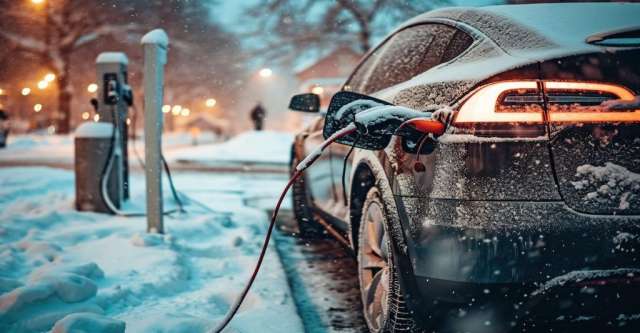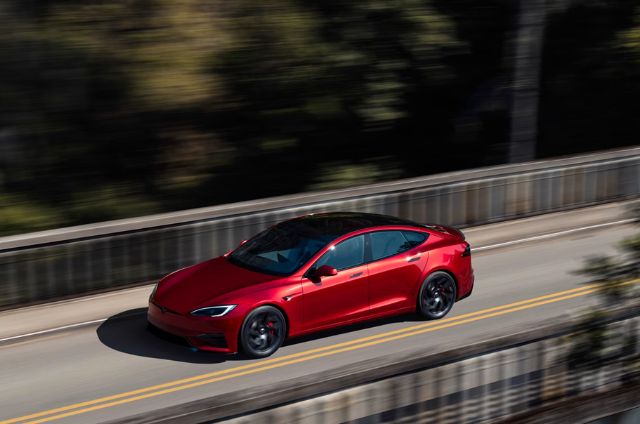Electric vehicles once struggled with extreme temperatures, but new technology is changing the game. From better battery chemistry to advanced thermal management, today’s EVs are built to handle the heat and cold like never before.
The Challenge of Extreme Temperatures
EV batteries perform best within a specific temperature range. Cold weather can slow charging and reduce range, while excessive heat accelerates battery degradation. Earlier models, like the first-generation Nissan Leaf, lacked active cooling, leading to major performance drops in extreme conditions. But modern EVs are designed differently.
Heat Pumps and Battery Management
Newer models, including the Nissan Ariya and Tesla Model Y, use liquid cooling and heat pumps to keep their batteries at an optimal temperature. Heat pumps, which transfer heat rather than generate it, significantly improve cold-weather efficiency. Tests show that vehicles equipped with heat pumps retain up to 80% of their range in freezing conditions—far better than early EVs.
Nissan tested its Ariya in extreme cold, leaving it at -4°F for 24 hours with a 17% charge. Unlike older EVs, which would have seen significant battery drain, the Ariya’s charge remained stable. This proves that modern battery heaters and thermal management systems are working.
Extreme Heat? No Problem
Hot weather is just as challenging as freezing temperatures. To combat this, automakers conduct rigorous tests in high-temperature environments. Nissan, for example, uses Ariya SUVs at its Arizona proving ground, where summer temperatures exceed 115°F. These vehicles have already logged over 30,000 miles in extreme heat, proving their durability.
The Future of EVs in Harsh Climates
Data from Recurrent, which tracks EV battery health, confirms that newer EVs perform better across temperature extremes. Heat pump-equipped models, like Tesla’s Model X and Model S, lead the pack in cold weather efficiency. Meanwhile, advances in battery chemistry help prevent long-term degradation in hot climates.
The bottom line? Modern EVs are no longer at the mercy of extreme weather. With smarter thermal management and improved battery tech, they’re built for all seasons.



